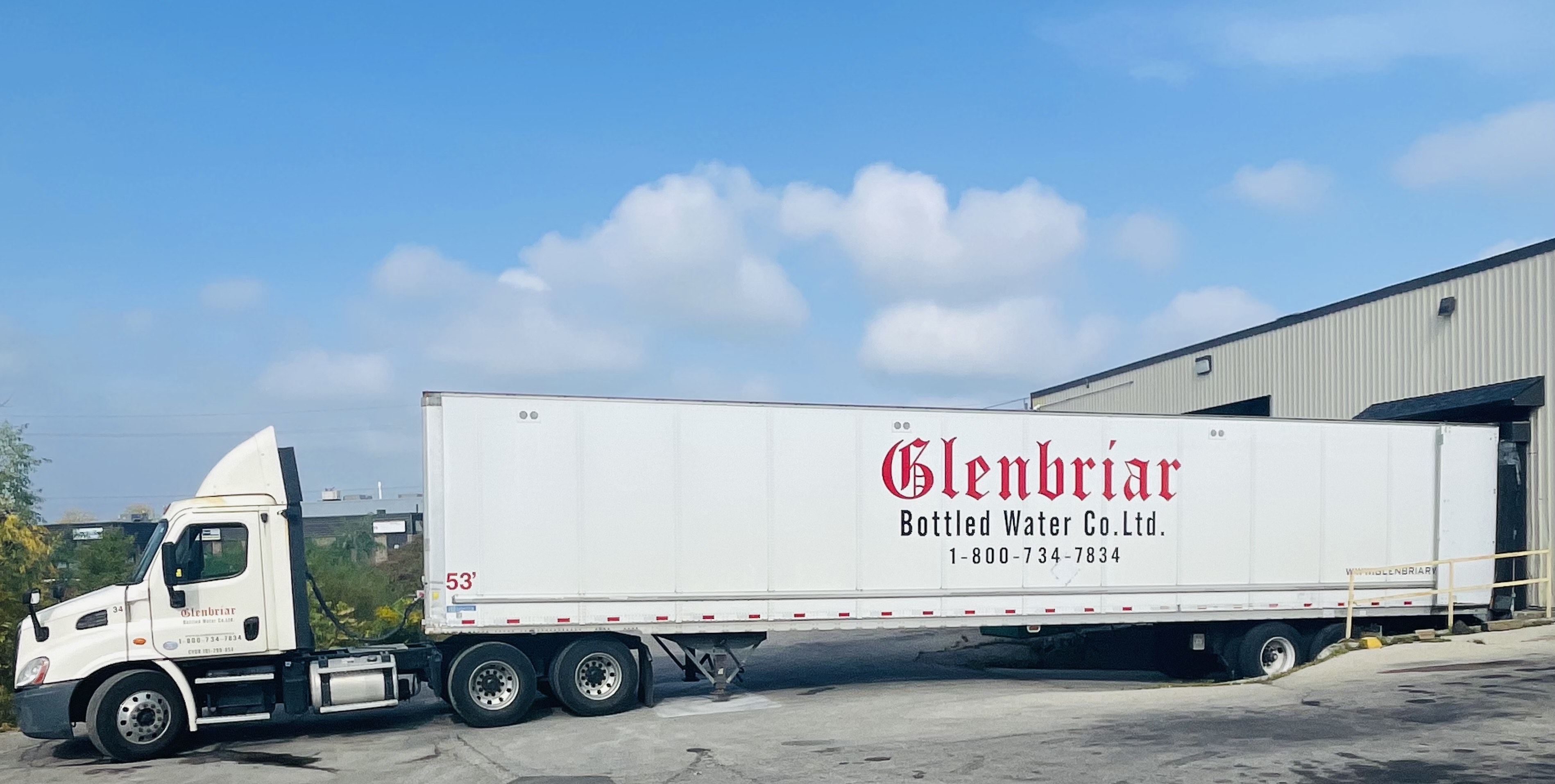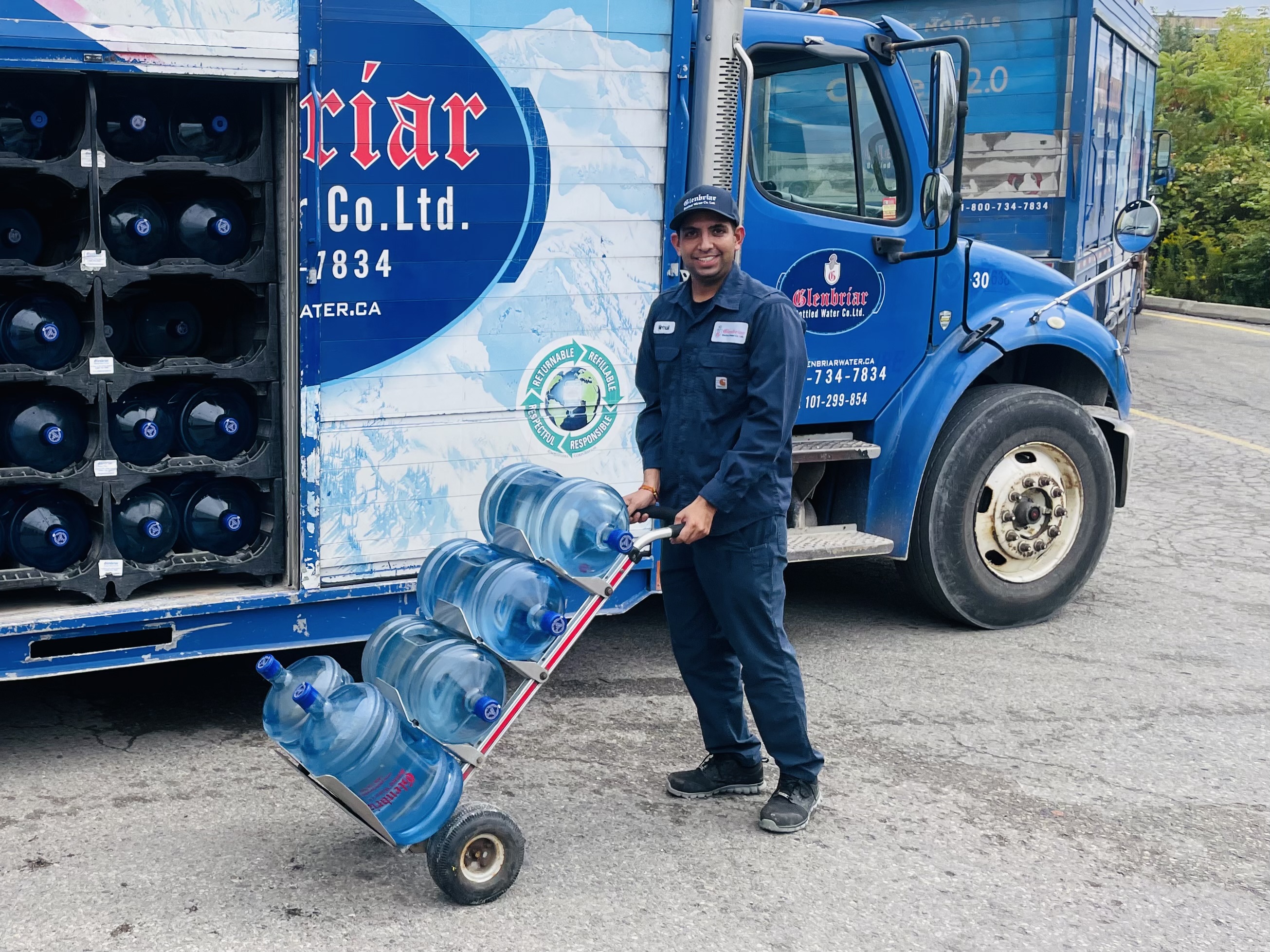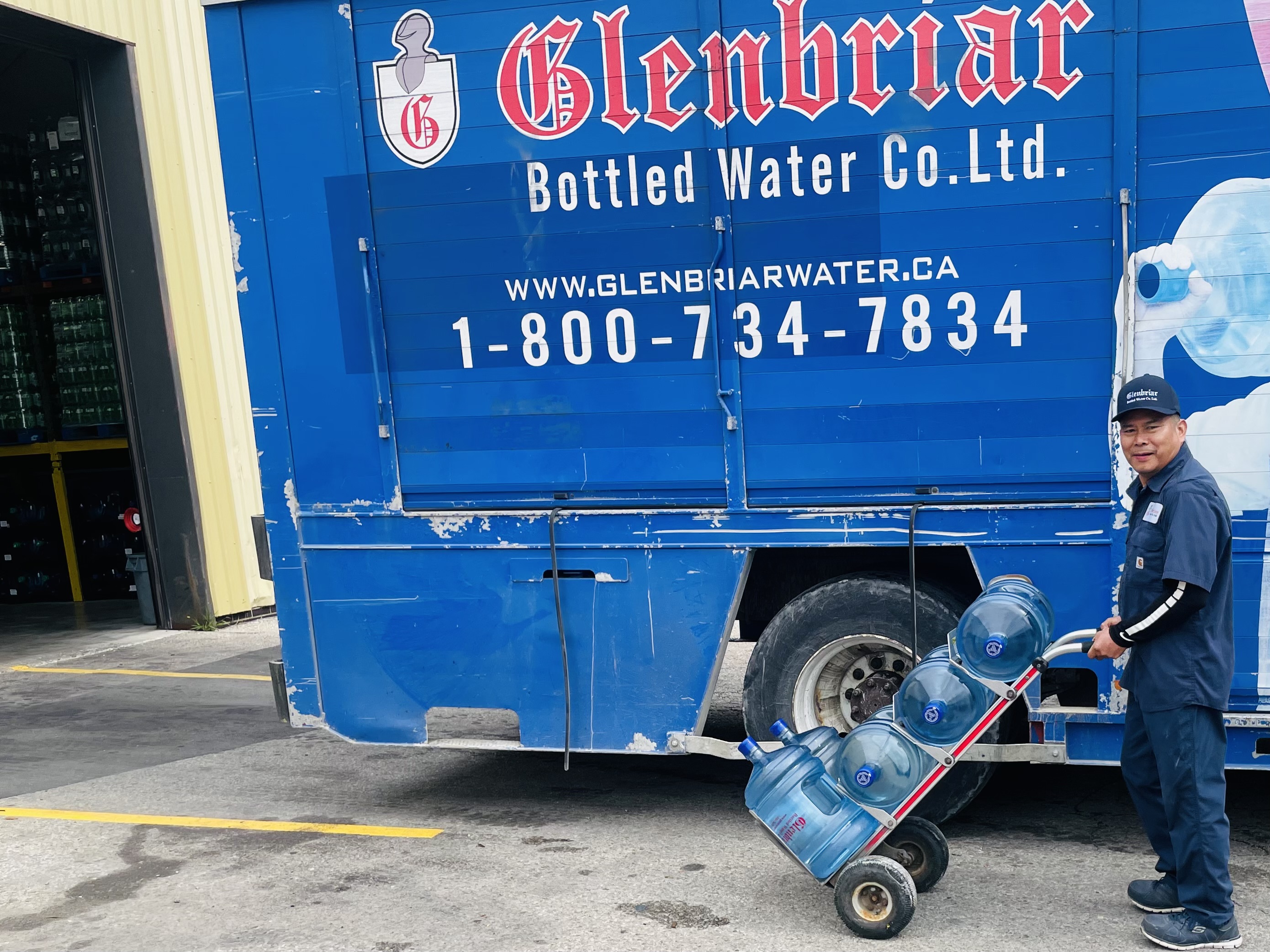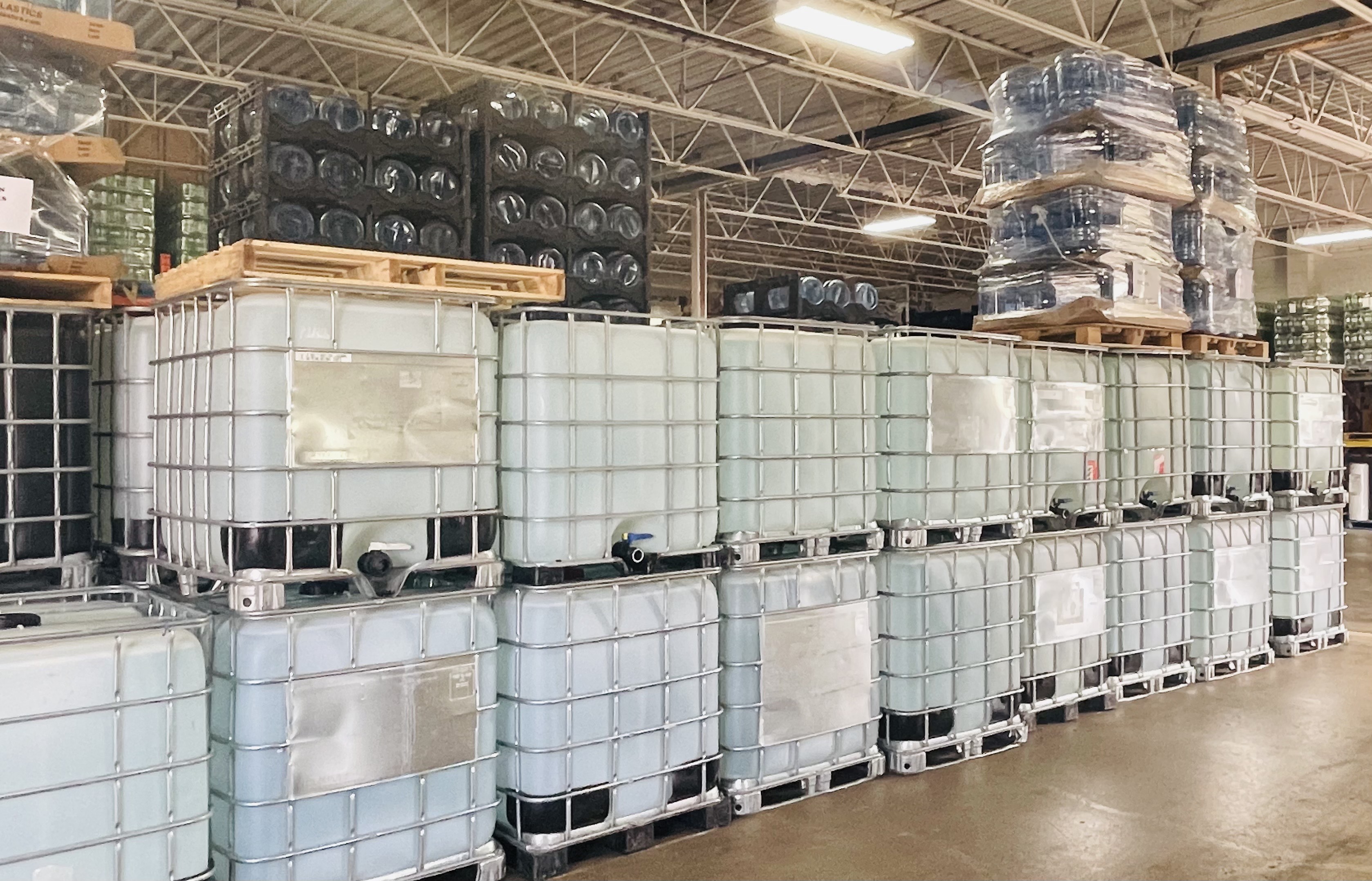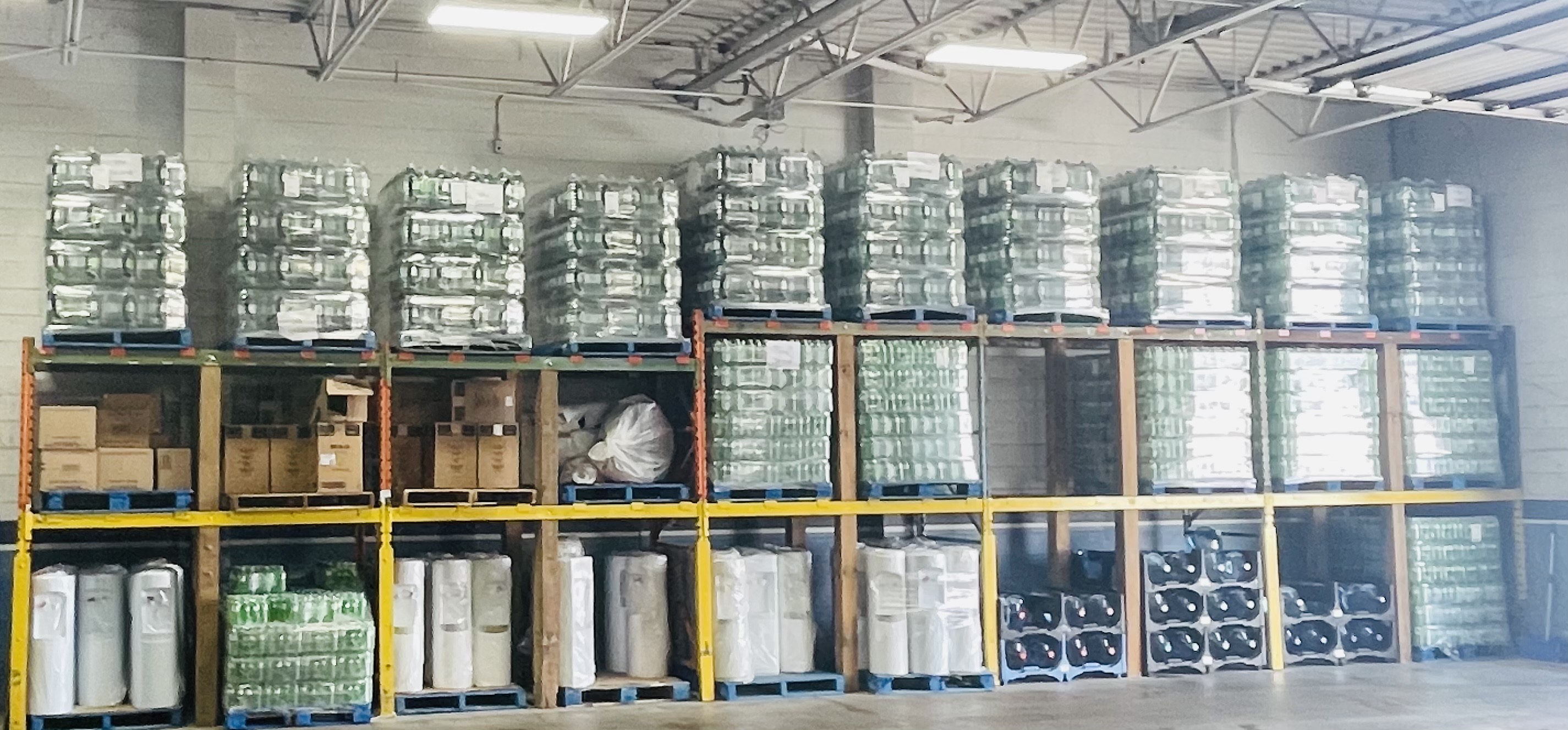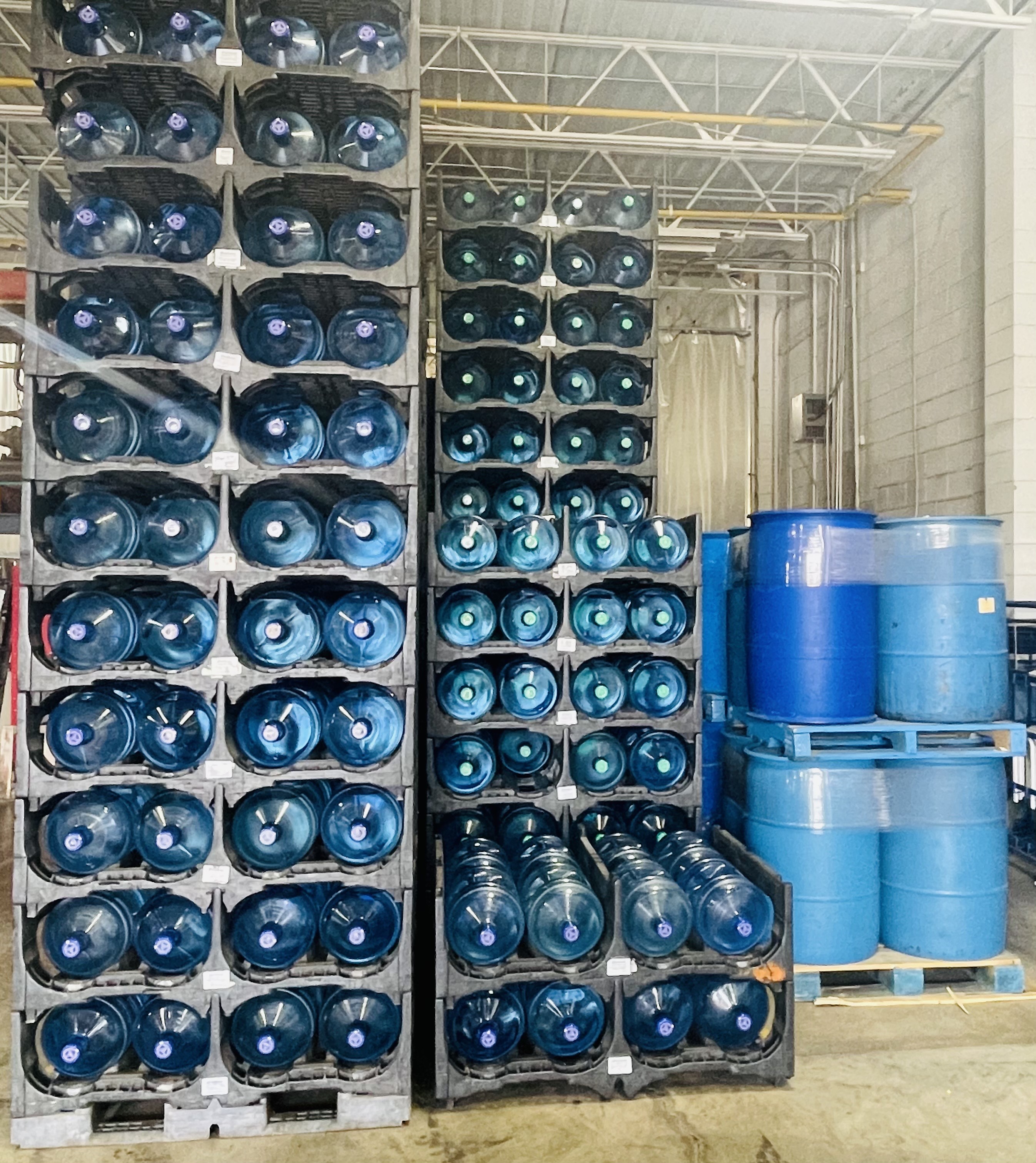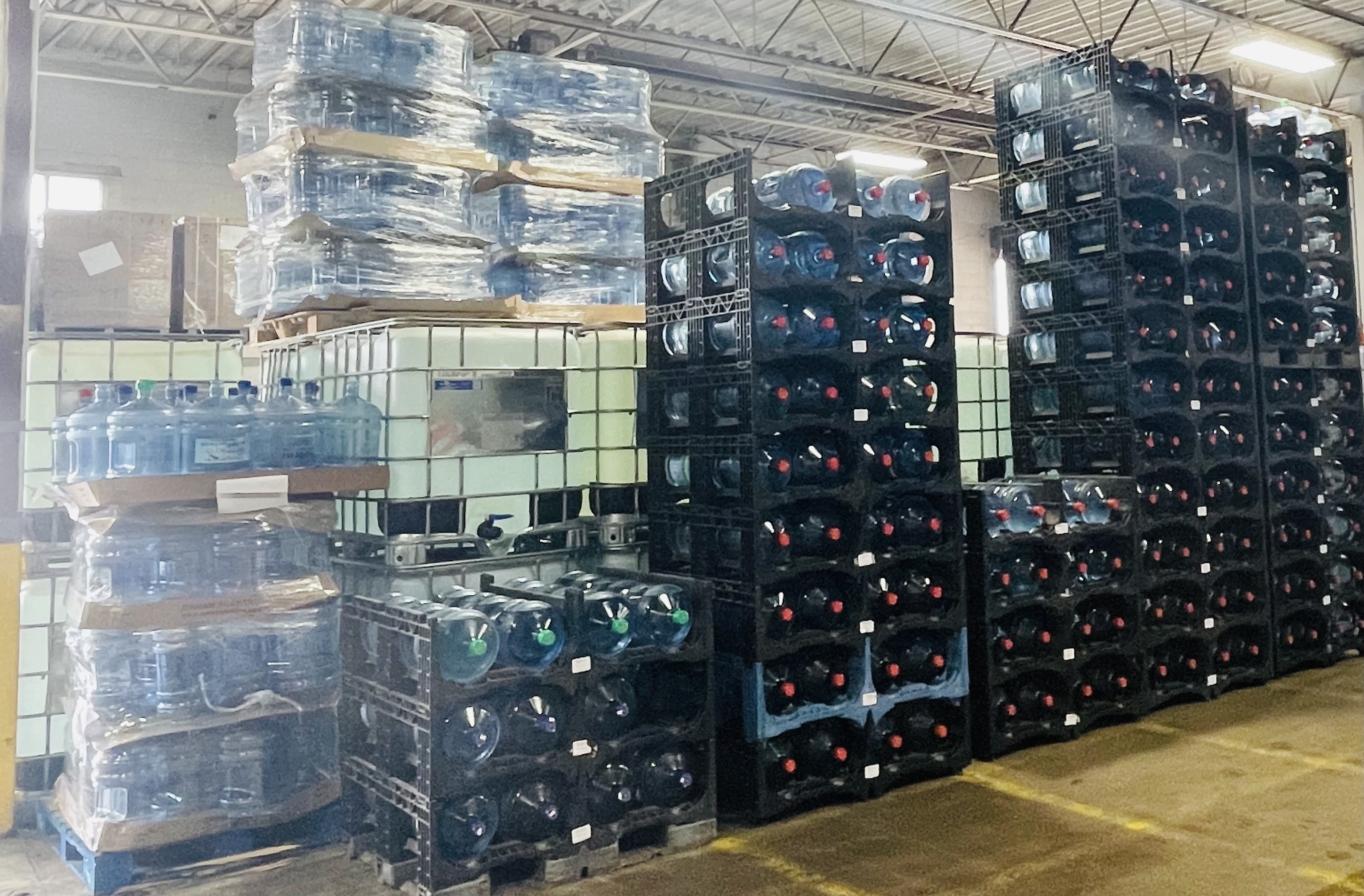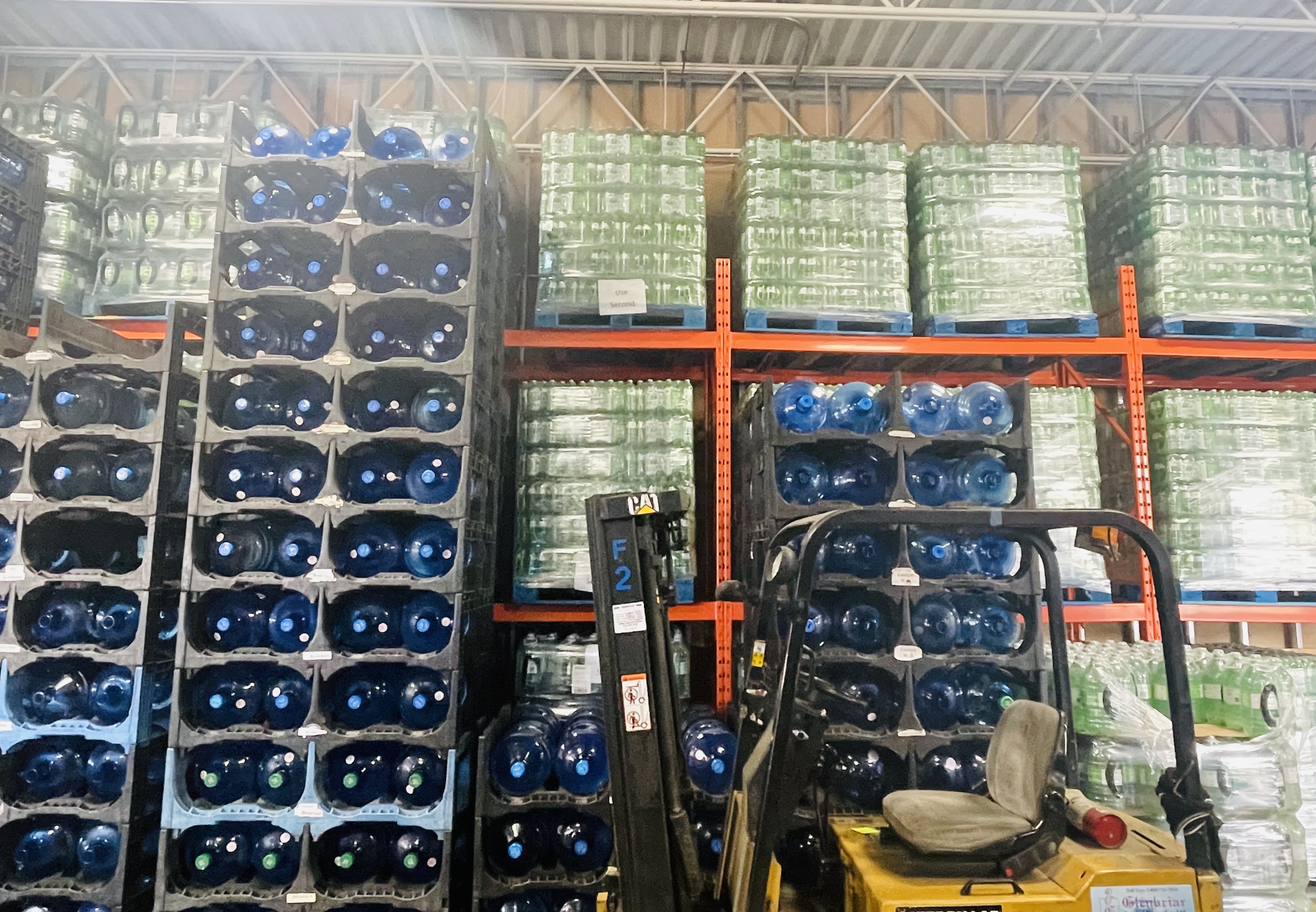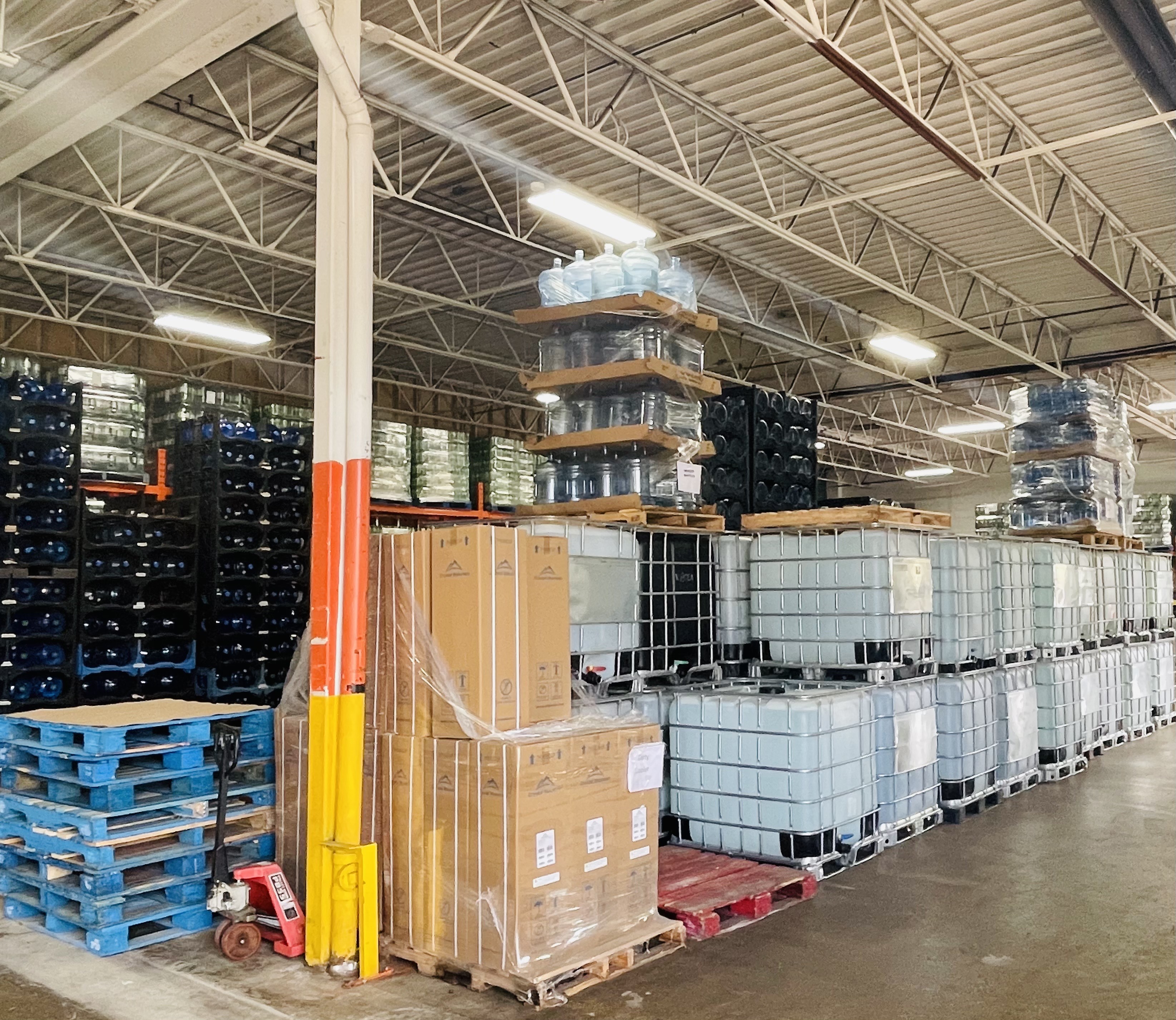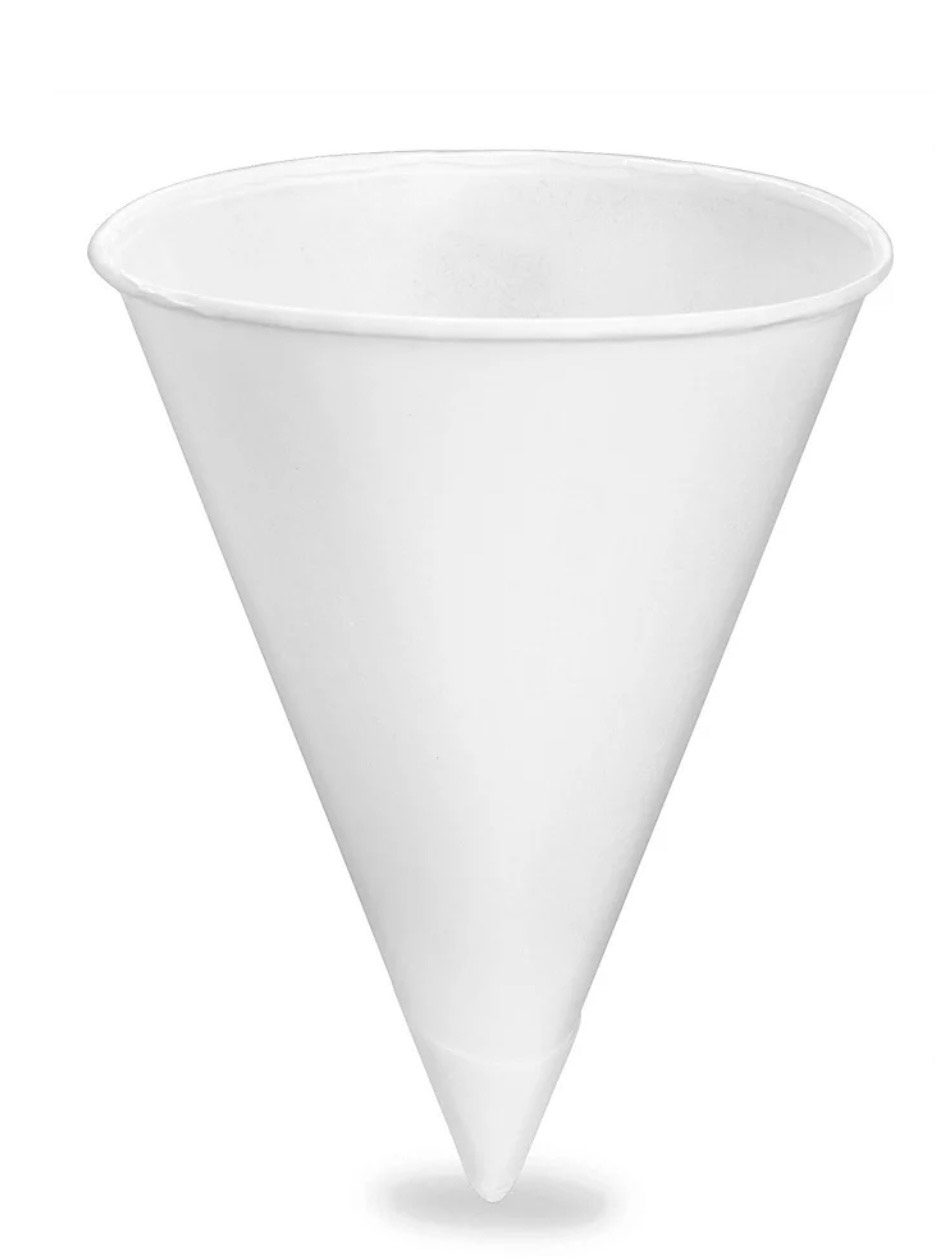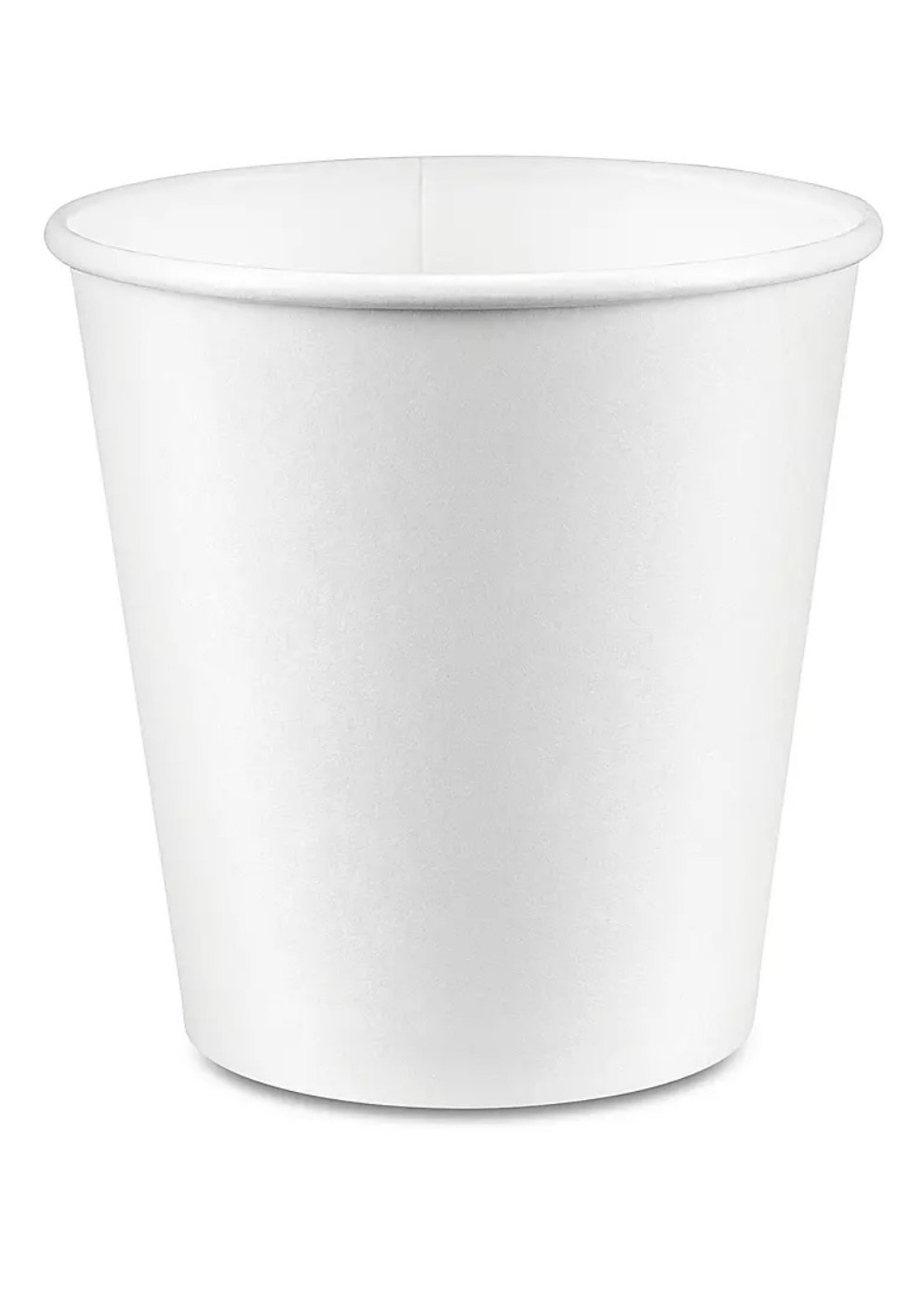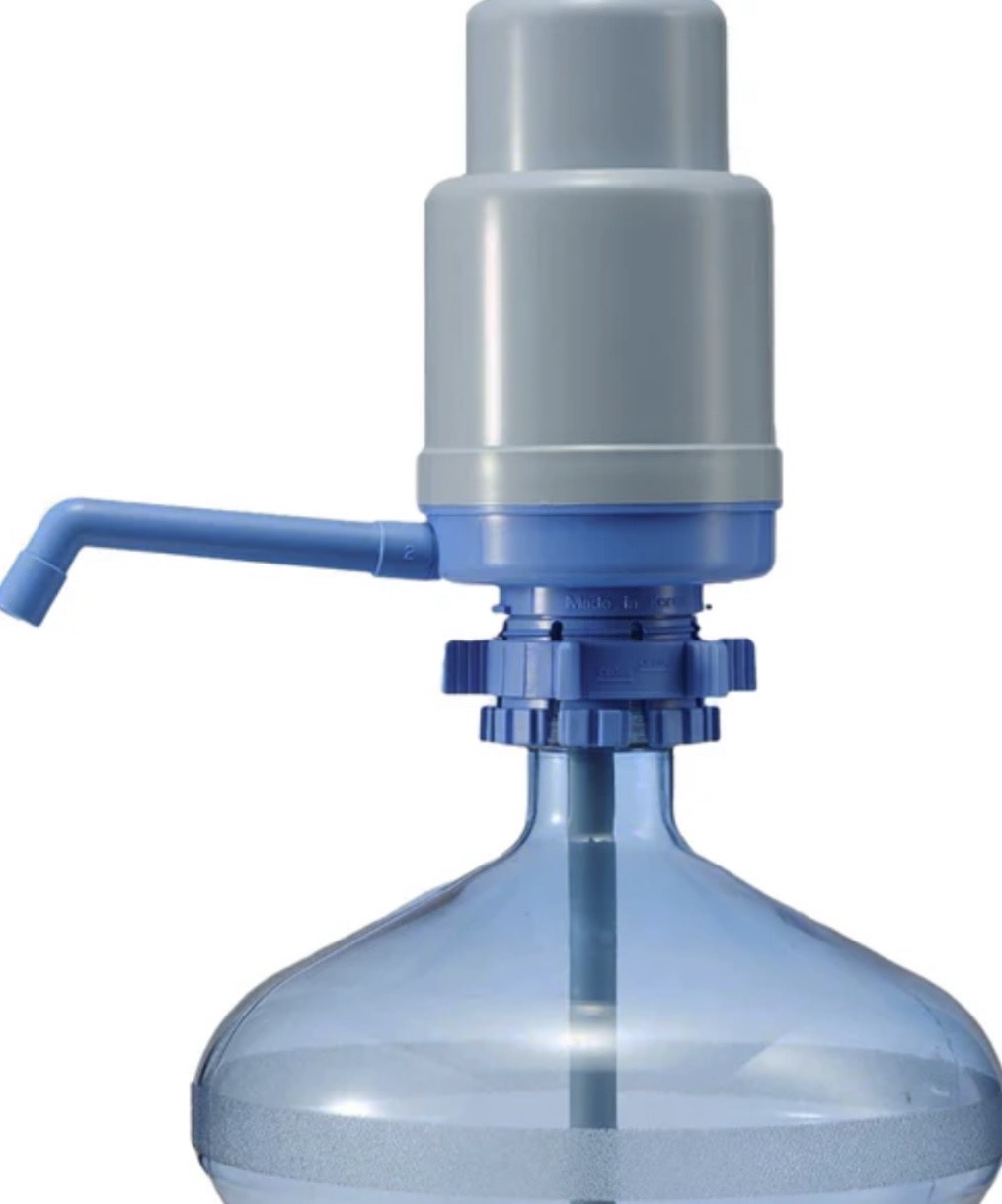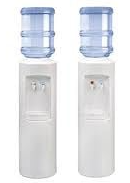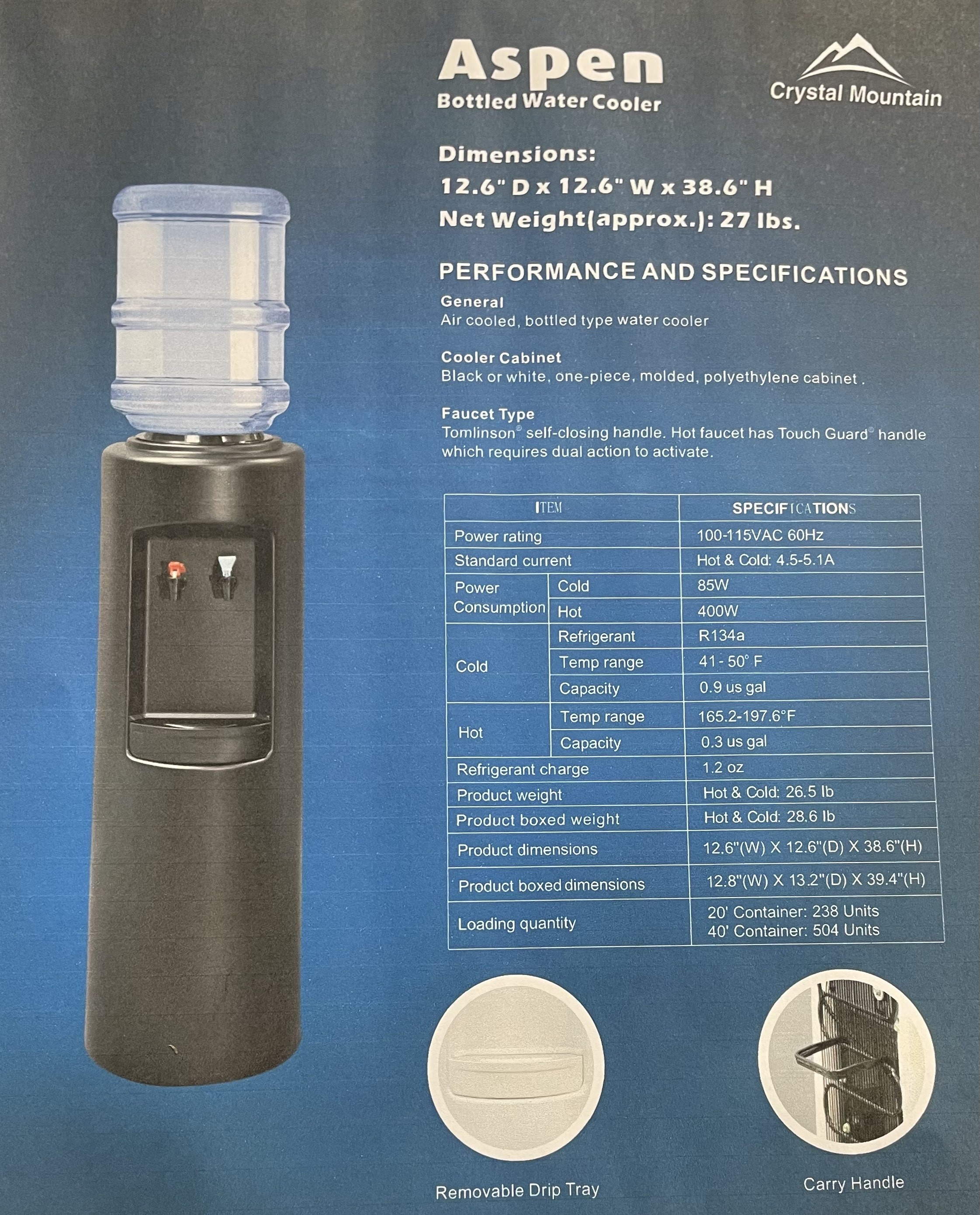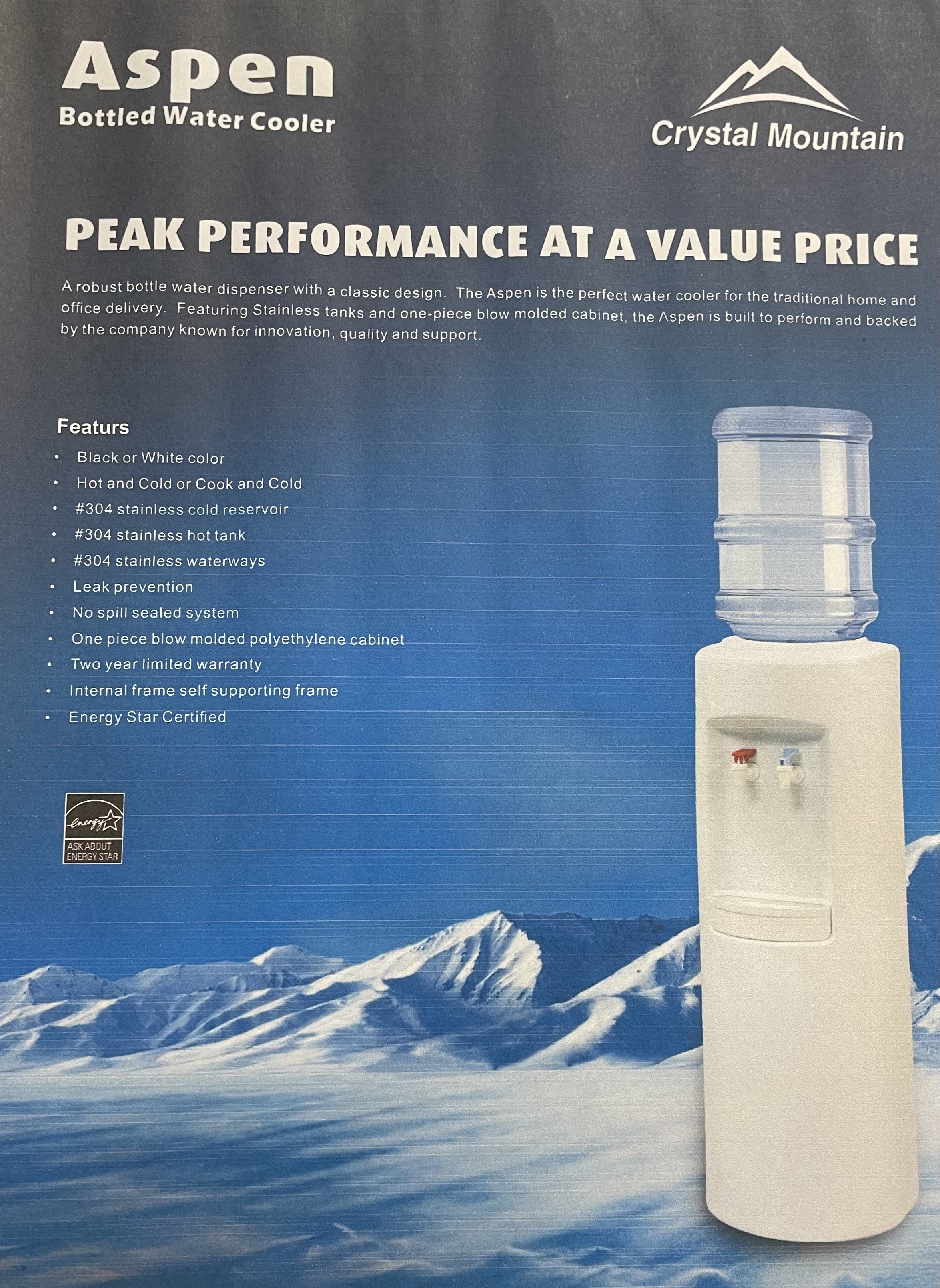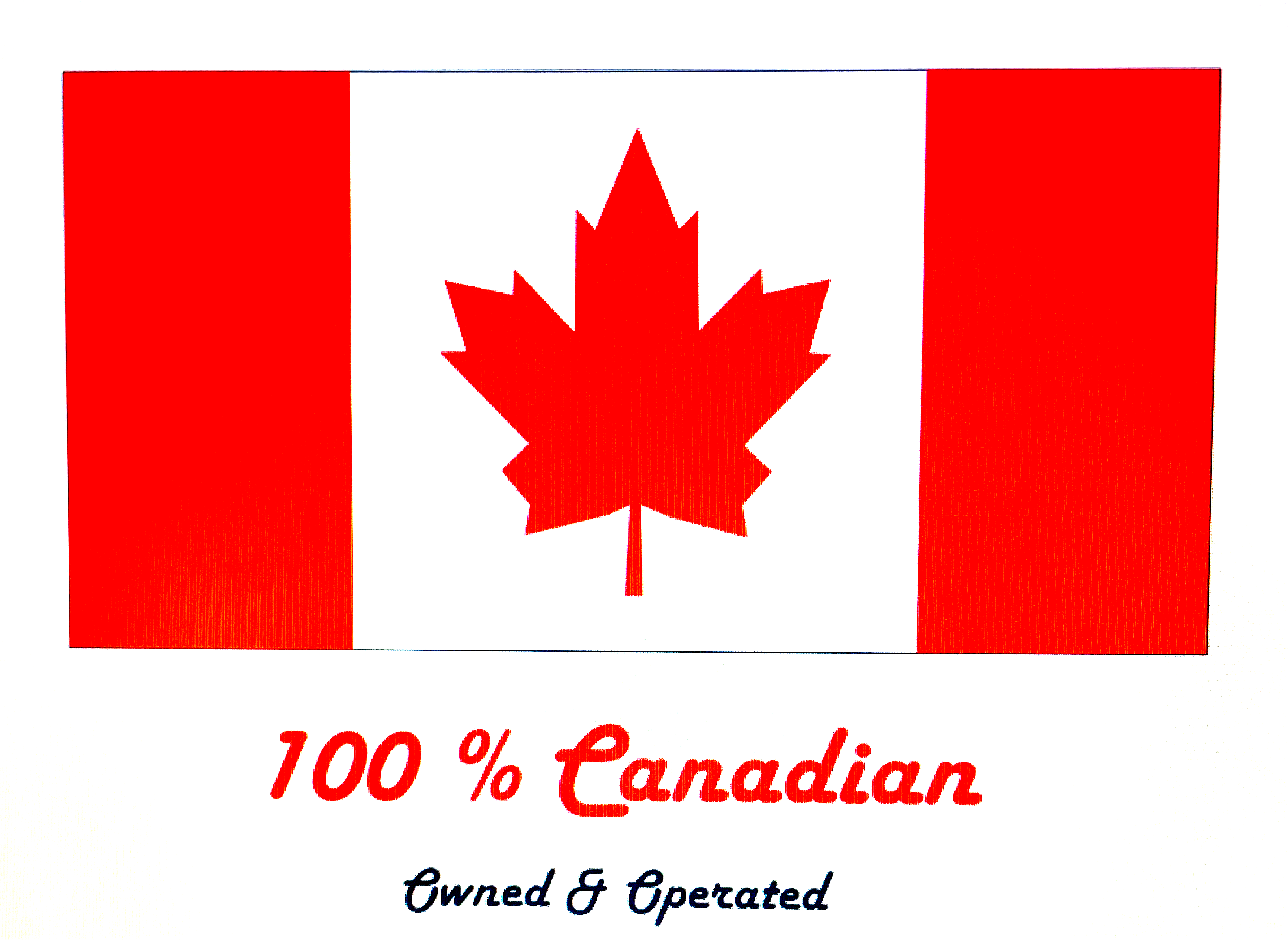Spring water is water that naturally flows to the surface from an underground source, often from an aquifer or reservoir. This water flows out from the ground due to natural pressure, without the need for pumping or mechanical assistance. As it travels through layers of rock, sand, or soil, it is naturally filtered, which often results in clean, fresh water with little to no contaminants.
Our Spring water is from Formosa in Ontario. It is hauled in by stainless steel tanker trucks and is stored in stainless steel tanks. From the tanks, it passes through a fine filter to remove any sediment it may contain. The water is then ozonated and after that passes through a finer filter before going to the bottling machine for fill. Spring water has the minerals you want in it and contains no chlorine or added chemicals. Spring water has a full natural mineral taste that you will enjoy.
Spring water is most commonly used for drinking, hydration, cooking, and health purposes. It’s also popular in cosmetics, spa treatments, and certain industrial applications. The natural minerals in spring water are one of its major selling points, and many people seek it out for its refreshing taste and health benefits.
Health Benefits of Spring Water:
- Purity: Because spring water undergoes a natural filtration process, it often has fewer chemicals and pollutants compared to tap water.
- Mineral Content: Some spring waters are rich in minerals like calcium, magnesium, and potassium. These minerals can contribute to your daily intake of essential nutrients.
- Hydration: Because it’s naturally filtered and often contains essential electrolytes, spring water can be a good choice for keeping hydrated.
Distilled water is a type of purified water that has gone through the process of distillation. In distillation, water is heated until it turns into steam. The steam is then collected and condensed back into liquid form, leaving behind impurities, minerals, and contaminants. This process effectively removes most of the substances that can be found in regular tap or spring water.
Distilled is the purest form of water. Distilled water is very pure because the distillation process removes a wide range of impurities, including minerals, bacteria, and chemicals. We use our RO water to feed our distiller. It then passes to the distiller, boiling the water and capturing the steam and condensing it back into water leaving all minerals behind except the water. The distilled water is then ozonated and after that, passes through a fine filter before going to the bottling machine for fill. Distilled water is very pure because the distillation process removes a wide range of impurities, including minerals, bacteria, and chemicals.
- Laser welding
- Induction hardener
- Mixing
- Forklift batteries
- Hospital applications
- Laboratory use
- Dental use
Common Uses of Distilled Water:
Medical Equipment Cleaning: Distilled water is used to clean and sterilize medical instruments, particularly in devices like dialysis machines or CPAP machines (for sleep apnea treatment), to prevent buildup of minerals or contaminants.
Wound Cleaning: Hospitals sometimes use distilled water for wound irrigation and cleaning to avoid introducing impurities that could cause infection.
Baby Formula: Some parents use distilled water to mix with baby formula, especially if they are concerned about contaminants or minerals in tap water.
Steam Irons: Distilled water is used in steam irons to prevent mineral deposits from building up inside the iron’s heating element, which can clog the vents and reduce efficiency.
Humidifiers: To avoid mineral dust buildup and white dust formation, many people use distilled water in humidifiers. This helps keep the humidifier working efficiently and prevents the spread of minerals in the air.
Aquarium Use: Some aquarium owners use distilled water to maintain the purity of their tank’s water, especially in saltwater aquariums where mineral balance is crucial.
Car Batteries: Distilled water is used in lead-acid car batteries to top off the fluid levels because it prevents the buildup of minerals and scale, which can reduce the battery's performance and lifespan.
Radiators: In some vehicles, distilled water is used to mix with antifreeze to prevent scaling and mineral deposits in the cooling system.
Chemical Reactions: In laboratories, distilled water is preferred for chemical experiments to avoid any interference from impurities or minerals that could affect the outcomes of reactions or the purity of chemicals.
Reagents and Solutions: Many chemical solutions and reagents are mixed with distilled water to ensure that no additional ions or contaminants are introduced, which could alter the properties of the solution.
Microscopes and Instruments: For cleaning microscope slides and other laboratory tools, distilled water is used to ensure no minerals or impurities remain on the surfaces.
Coffee and Tea Brewing: Some coffee and tea aficionados prefer to use distilled water for brewing, as it avoids any impurities or minerals that might affect the taste of the coffee or tea. However, because it lacks minerals, it's worth noting that it can slightly change the flavor profile.
Baking: Distilled water is sometimes used in baking to ensure the right balance of minerals in the dough or batter, particularly for recipes that require very precise measurements.
Skin Care Products: Some skincare products, such as lotions or creams, use distilled water as a base because it’s free from contaminants that could irritate sensitive skin.
Hair Care Products: Distilled water is used in some shampoos and conditioners to ensure that minerals in tap water don’t interfere with the performance of the product.
Cooling Systems: In some electrical or computer cooling systems, distilled water is used to avoid mineral buildup that could interfere with the cooling process or cause corrosion.
Hydroponic Systems: Distilled water is sometimes used in hydroponic gardening to ensure that no unwanted minerals are introduced into the nutrient solution.
Detoxification: Some people use distilled water for detoxifying their body through various health practices, though drinking distilled water regularly is not recommended for hydration (because it lacks essential minerals).
Reverse osmosis (RO) is a water purification process that uses a semi-permeable membrane to remove impurities, contaminants, and dissolved solids from water. In reverse osmosis, water is pushed through this membrane, which allows only water molecules to pass through, while blocking larger molecules like salts, minerals, bacteria, and other pollutants.
Our RO water is a processed water made with city water through a carbon filter to remove chlorine and softened to 1/2 part per million then to RO membrane filters leaving behind 98.6% of the minerals. This leaves a 1.4% mineral trace in the water for a Total Dissolved Solids (TDS) of about 20 ppm. The water is then ozonated and after that passes through a finer filter before going to the bottling machine for fill. RO water is closer to a Distilled than a Spring but contains a small amount of minerals for a better taste.
Common Uses of Reverse Osmosis:
- Drinking Water Filtration: Many home RO systems are used to purify tap water and remove contaminants, improving taste and safety.
- Desalination: Reverse osmosis is used in large-scale desalination plants to convert seawater into freshwater by removing salt.
- Aquariums: For sensitive species, reverse osmosis water is used in aquariums to ensure clean and balanced water.
- Industrial Uses: It’s also used in industries like food production, pharmaceuticals, and electronics manufacturing, where ultra-pure water is needed.
Deionized water (DI water) is water that has had its ions (charged particles) removed. This is typically done through a process called ion exchange, where ions like calcium (Ca²⁺), magnesium (Mg²⁺), sodium (Na⁺), chloride (Cl⁻), sulfate (SO₄²⁻), and others are replaced with hydrogen (H⁺) and hydroxide (OH⁻) ions to form pure water (H₂O).
Commons Uses of Deionized Water:
Laboratories and Scientific Research: DI water is commonly used in labs for experiments, as it avoids introducing any ions or impurities that might interfere with the results.
Industrial Applications: It's used in industries like pharmaceuticals, electronics manufacturing, and cosmetics, where high purity water is required.
Cleaning and Rinsing: DI water is often used to rinse off parts or equipment in industries to avoid mineral buildup or residue from regular tap water.
- Aquariums: Some aquarium owners use deionized water to avoid altering the chemical balance in the tank.
- Car Maintenance: It's used in car batteries and cooling systems to prevent mineral buildup that could damage the system.
Water Products | Picture |
| 4L Case of 4 (Spring or Distilled) | 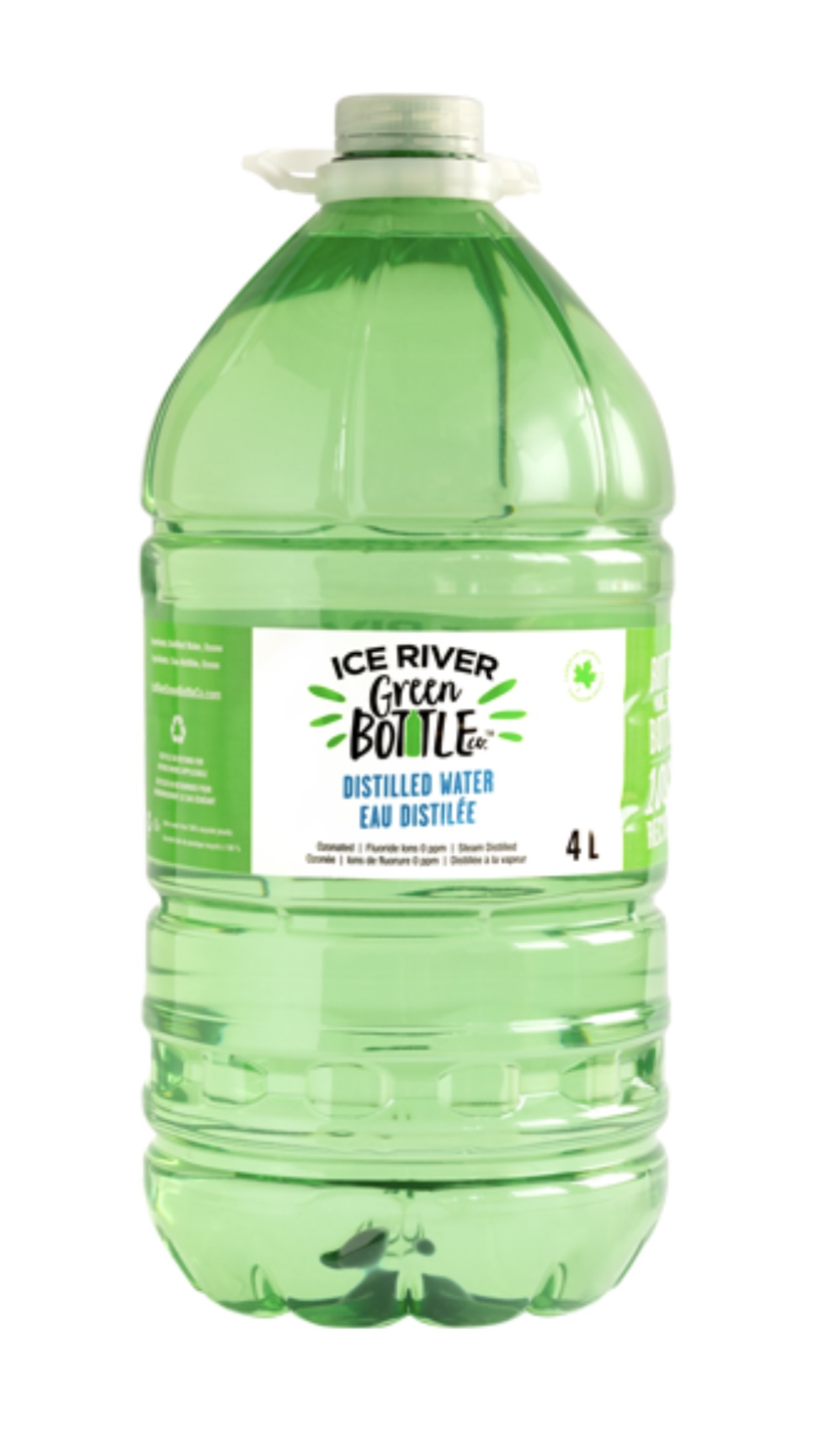 |
| 11L Glenbriar Water (Spring, Distilled or RO) | 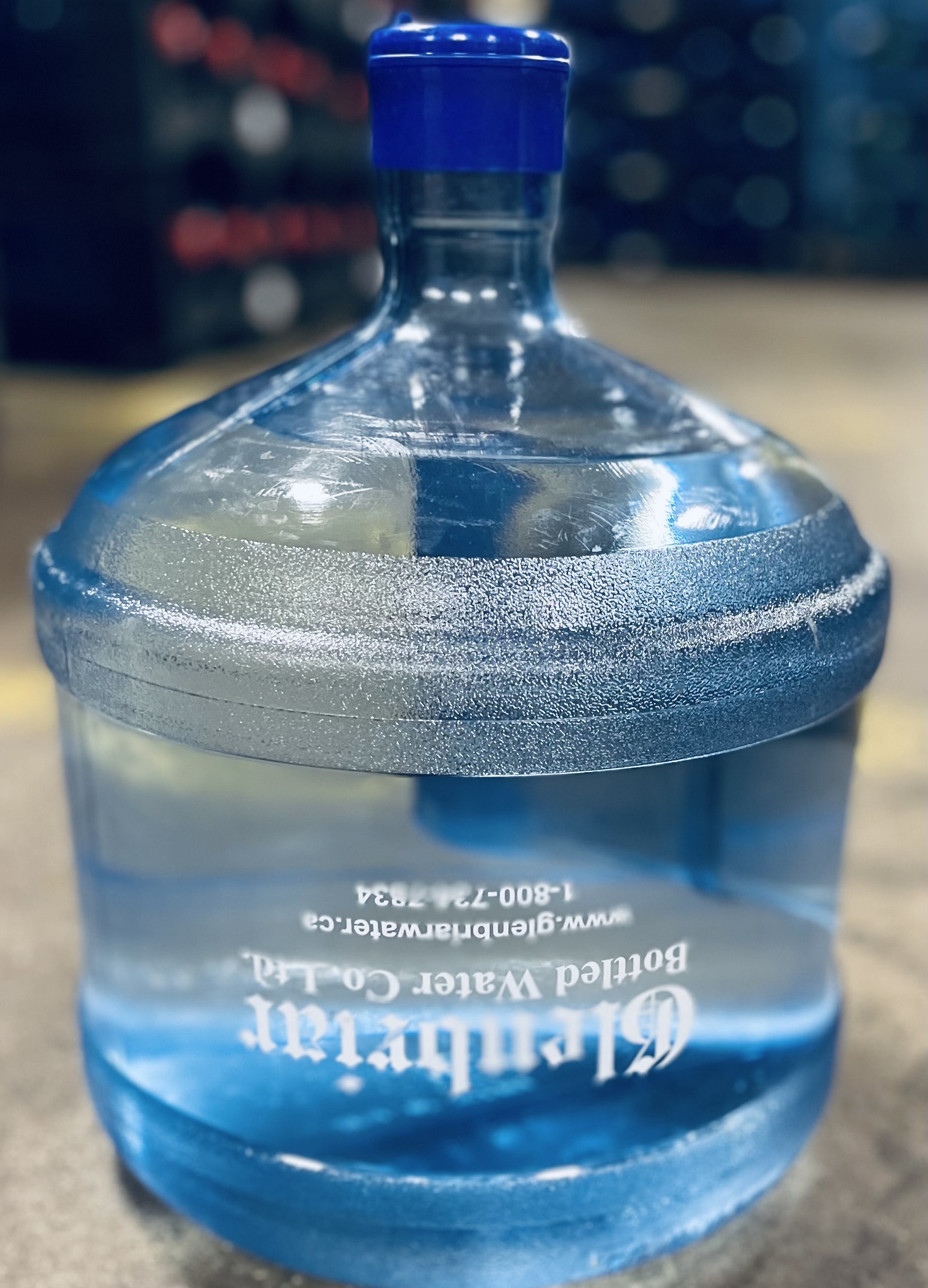 |
| 18L Glenbriar Water (Spring, Distilled or RO) | 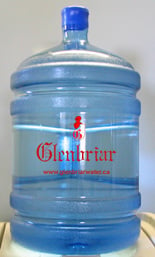 |
| 500ML Case of 24 (Spring) | 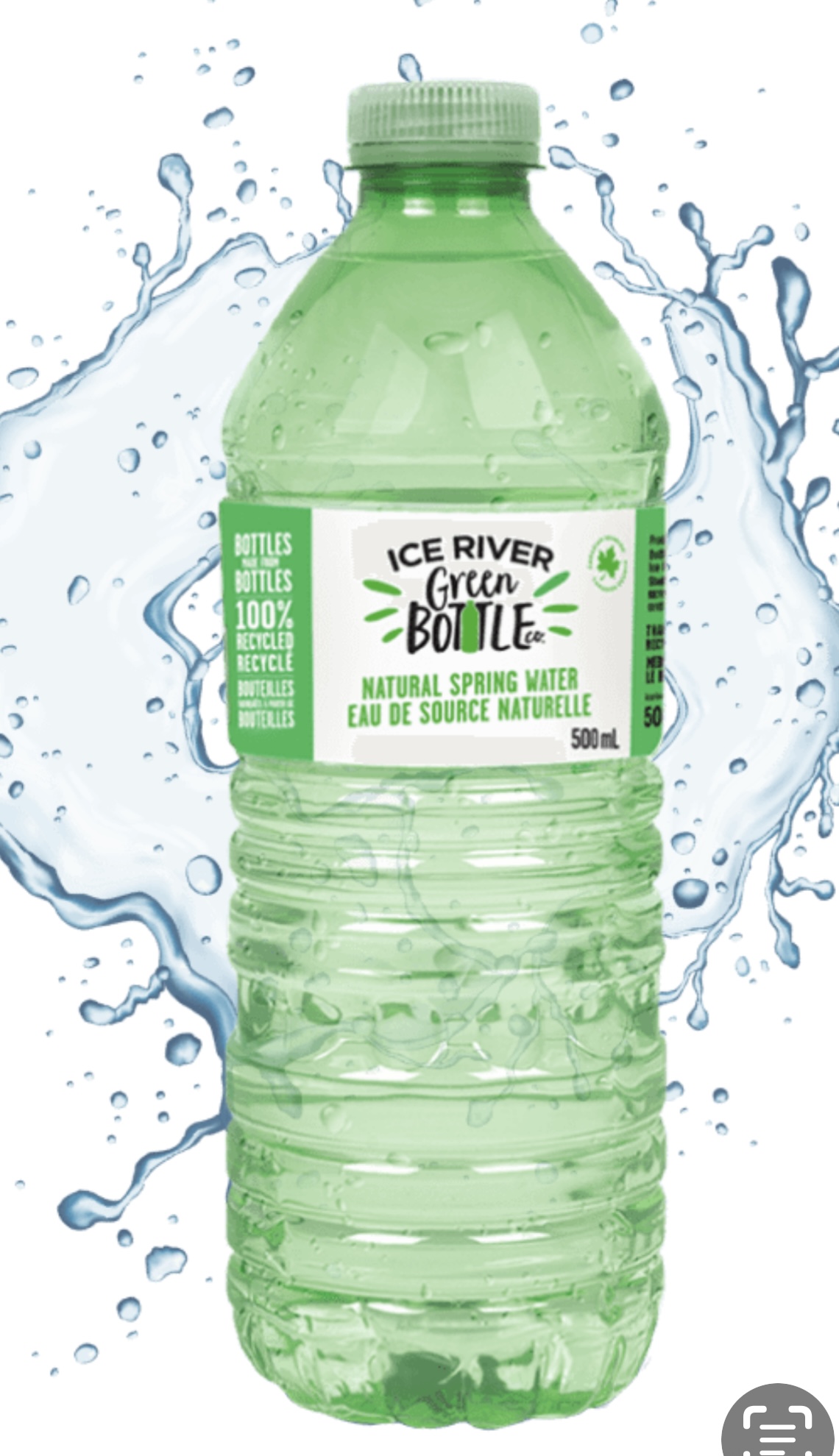 |
200L Drum (Distilled, DI or RO) *Industrial use ONLY* -Not for consumption- | 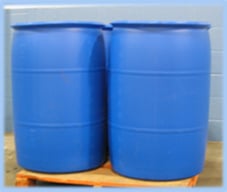 |
1000L Tote (Distilled, DI or RO) *Industrial use ONLY* -Not for consumption- | 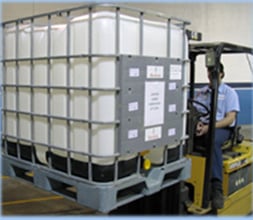 |
Accessories and Equipment | Picture |
4oz Cone Cups (200 per sleeve) (5000 per case) |
|
9oz Flat Bottom Cups (50 per sleeve) |
|
Cup Dispenser (attaches to the cooler and holds 4oz cone cups) |
|
Hand Pump (manual water dispenser) |
|
Cook and Cold Cooler Top Loader Available for purchase or rent monthly/annually. (cold + room temperature taps) |
|
Hot and Cold Cooler Top Loader Available for purchase or rent monthly/annually. (hot + cold temperature taps) |
|
For new customers looking to setup an account, any product inquiries or to schedule a delivery, please contact us at the provided phone number or email address below. We would be happy to help you with any questions or concerns you may have regarding our services.
Phone: 519-747-0500
Toll Free: 1-800-734-7834
Fax: 519-747-0547
Email: admin@glenbriarwater.ca

